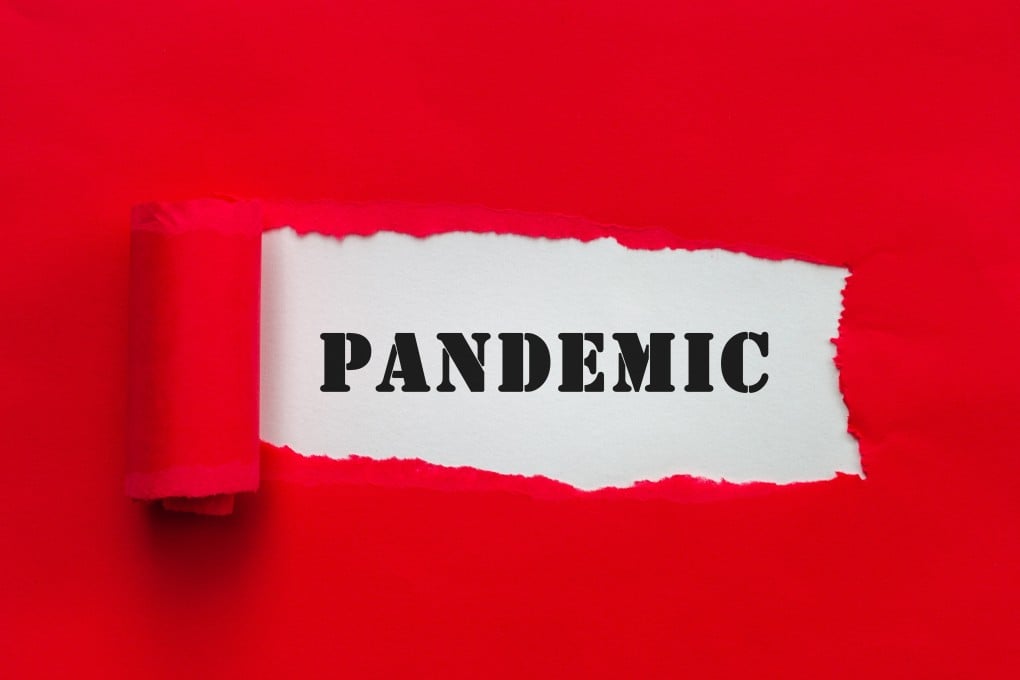Language Matters | What the words of the year say about 2020 – it’s been quite the 12 months
- Unsurprisingly, many dictionaries chose words related to the Covid-19 pandemic
- Rather than settling for a single word, Oxford English Dictionary selected several

It’s that time of year when dictionaries and other language-related bodies announce their Word of The Year (WOTY) – a word or phrase judged by analysis, committee, or poll to have been one of the most searched, prominent or notable that year. No prizes, really, for guessing that most of the WOTYs for 2020 relate to the ongoing Covid-19 pandemic, including “pandemic” (Merriam-Webster), “quarantine” (Cambridge), “lockdown” (Collins). Several of these terms have been previously explored in this column.
WOTY choices are revealing not only of a year’s preoccupations, but also of characteristic regional variation and interesting linguistic processes.
For instance, Aussie WOTYs include “iso” (Australian National Dictionary), and “rona” (Macquarie’s Committee’s Choice). These index the pandemic, and additionally reflect that well-documented Australian English pattern of abbreviating words (think “barbie” for barbecue) – here they are clipped from “isolation” and “coronavirus” respectively.
And WOTY is not only an anglophone practice. While the American Dialect Society’s WOTY, dating back to 1991, is the oldest English-language version, the German tradition Wort des Jahres was started two decades prior, in 1971 – their 2020 WOTY is “Corona-pandemie”.
In Japan, the character 密 (mitsu) meaning “close, dense” was picked as kanji of the year, in reference to 3 密 (san mitsu), the “three Cs”, which was their buzzphrase of the year. Referring to contexts where Covid-19 can spread – 密集 (misshū) “crowded places”, 密接 (missetsu) “close-contact settings”, and 密閉 (mippei) “confined and enclosed spaces” – the “three Cs” mnemonic was adopted by the World Health Organization in their anti-infection guidelines.
Different languages notwithstanding, human experiences in 2020 – reflected in language use – have clearly been shared.
